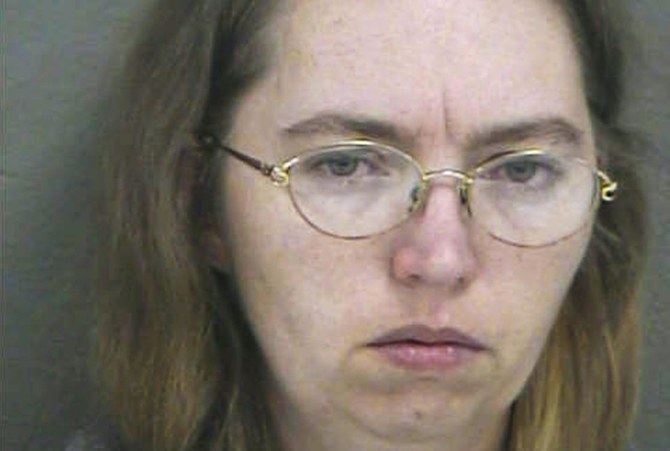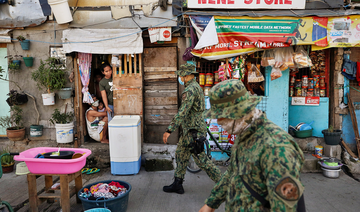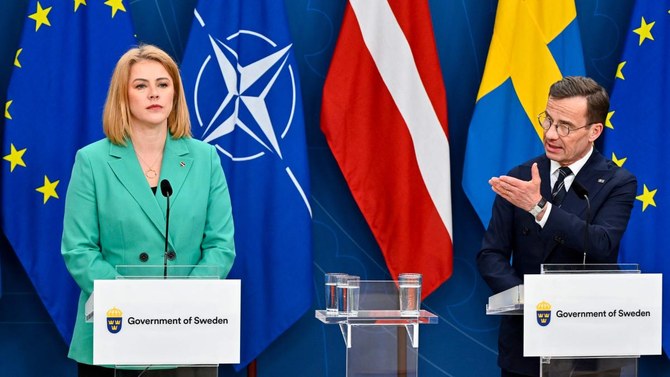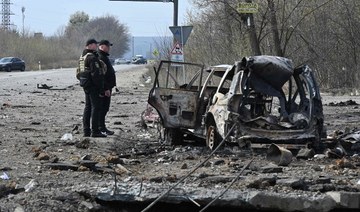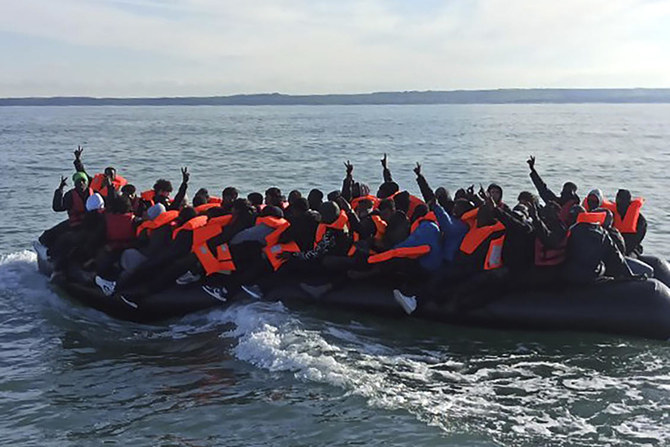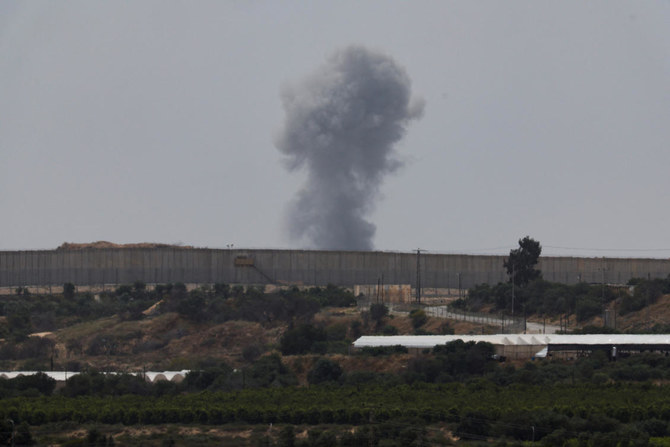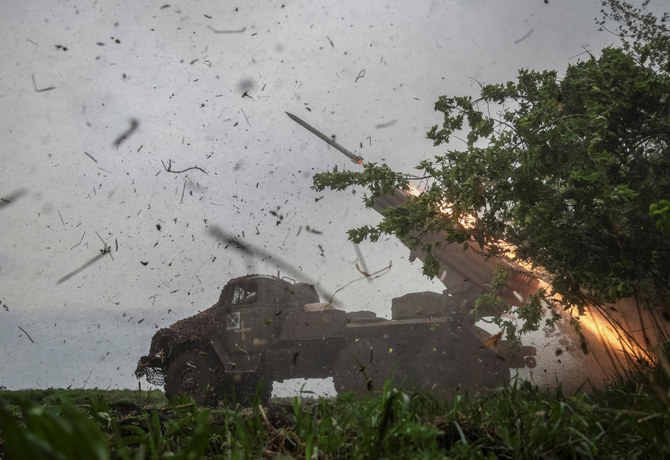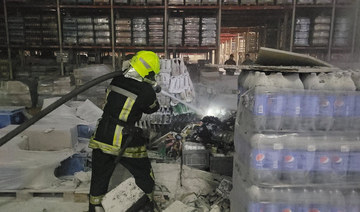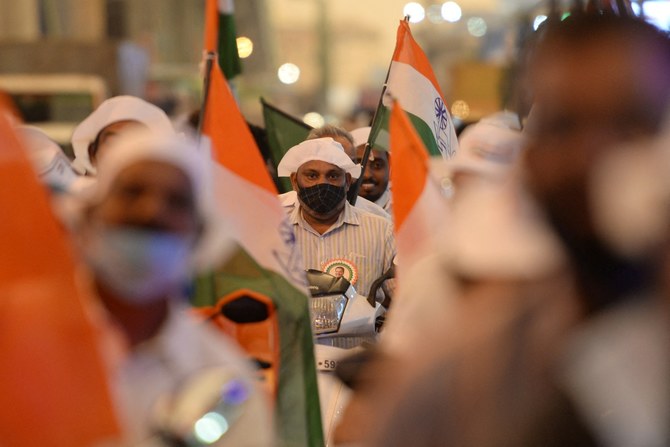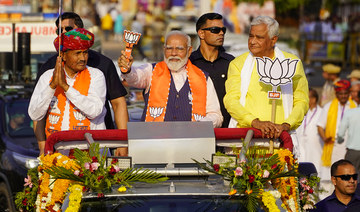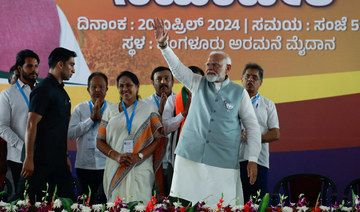WASHINGTON: An American woman was put to death by lethal injection Wednesday, becoming the first female to be executed by US federal authorities in nearly seven decades.
Lisa Montgomery’s execution came in the final days of the government of US President Donald Trump, which pushed forward with her execution despite a legal battle that the Supreme Court ended with a ruling in the early hours of Wednesday.
Montgomery, 52, murdered an expectant mother to steal her baby, though she had sought a stay of execution on the grounds she was mentally ill.
She was the 11th person to be put to death after the Trump administration successfully fought to resume federal executions in July following a 17-year hiatus.
Her lawyer Kelley Henry, in a scathing statement, called the decision — the first for a female inmate since 1953 — a “vicious, unlawful, and unnecessary exercise of authoritarian power.”
“The craven bloodlust of a failed administration was on full display tonight,” Henry said.
“Everyone who participated in the execution of Lisa Montgomery should feel shame.”
The US Supreme Court voted 6-3 in favor of lifting a last minute stay of execution and allowing Montgomery’s execution to proceed despite doubts about her mental state.
The court’s three liberal dissenters voted to grant her a stay of execution.
Montgomery’s defenders did not deny the seriousness of her crime: in 2004, she killed a pregnant 23-year-old to steal her baby.
Unable to have a child, Montgomery carefully identified her victim — dog breeder Bobbie Jo Stinnett — online.
Under the guise of buying a puppy, Montgomery went to Stinnett’s home, where she strangled her and cut the baby from her body. The baby survived.
In 2007 she was convicted of kidnapping resulting in death and handed a death sentence.
Her defenders believe that she suffered from severe mental health issues stemming from abuse she suffered as a child. She did not understand the meaning of her sentence, they said, a prerequisite for execution.
On Monday evening, a federal judge offered the defense a brief lifeline, ordering a stay of execution to allow time to assess Montgomery’s mental state.
“The record before the Court contains ample evidence that Ms. Montgomery’s current mental state is so divorced from reality that she cannot rationally understand the government’s rationale for her execution,” the ruling stated.
But an appeals court overturned that decision on Tuesday, leaving it up to the US Supreme Court to decide. It said the execution could go ahead.
Trump, like his many of his conservative constituents, is a strong supporter of the death penalty and ignored a plea for clemency from Montgomery’s supporters.
Democratic Senator Dick Durbin on Monday announced the introduction of legislation to end federal executions.
It could be passed once President-elect Joe Biden takes office next week and Democrats regain control of the Senate.
In addition to Montgomery, two men from the same jail in Indiana, are scheduled for federal execution this week.
Their executions were stayed on Tuesday due to them having contracted Covid-19.
In a statement, Helen Prejean, a Catholic nun known for her activism against the death penalty, spoke over the weekend of federal prosecutors “working all day and through the nights” to counter the appeals of federal inmates.
“You may not have to see the fear or smell the sweat in the execution chamber, but your hand is in this,” Prejean wrote, urging them to prevent the executions being carried out in the week before Biden’s inauguration.
Former guards of the penitentiary in Indiana, where Montgomery was jailed, had also written to the Justice Department to request that the executions be postponed until the penitentiary staff are vaccinated against Covid-19.
Between the executioners, guards, witnesses, and lawyers, an execution assembles dozens of people in a closed environment, which is conducive to the spread of the virus.
US states, including the deeply conservative Texas, have suspended executions for months due to the pandemic — unlike the federal government, which has pushed to carry out many before Trump leaves power.



